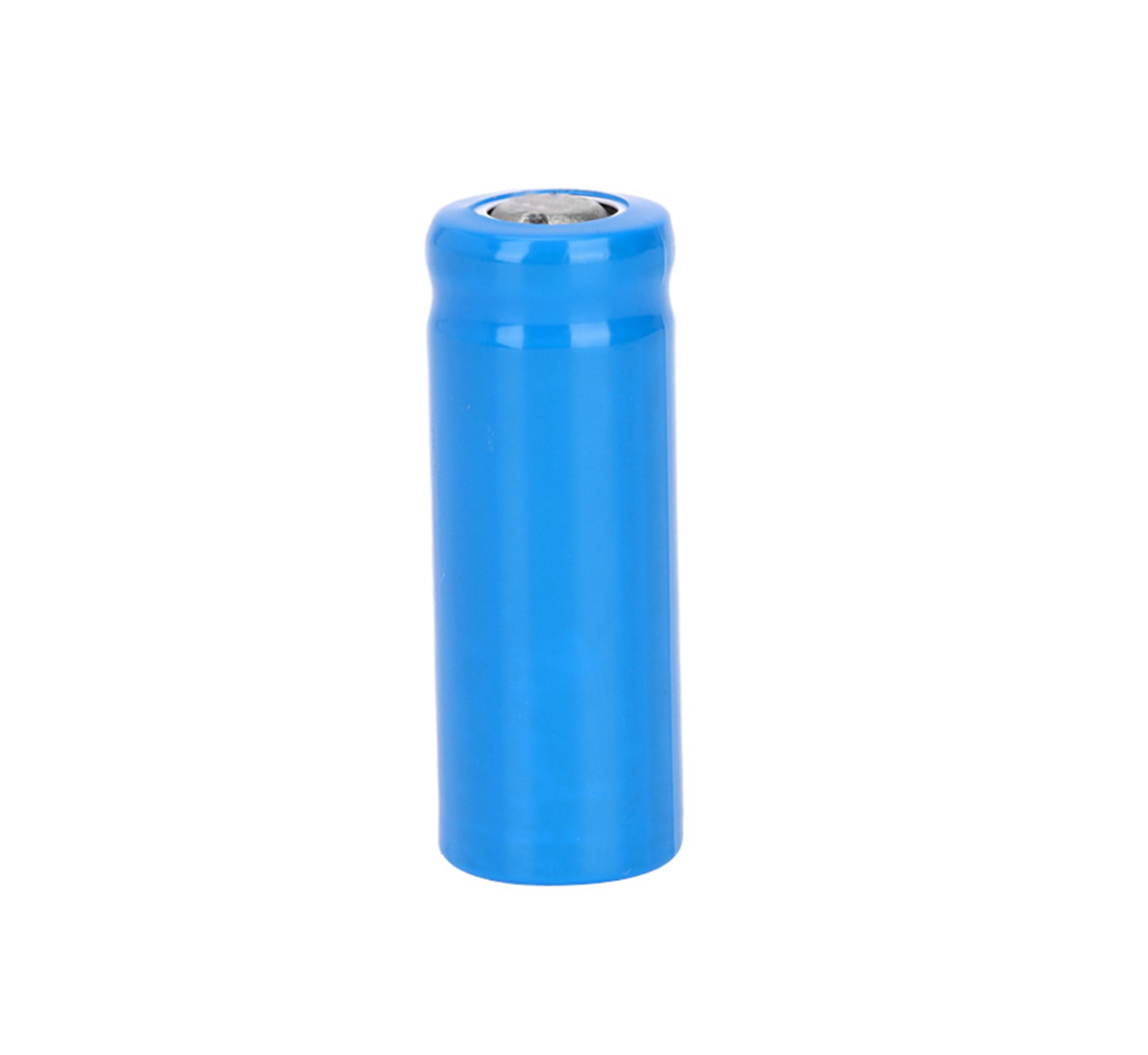Time:2024-03-08 Preview:1 source:News

Can produce solid-state fire-proof batteries. German scientists have developed a new electrode production process or can produce solid-state fire-proof batteries. According to foreign media reports, researchers at the Fraunhofer Institute for Materials and Beam Technology IWS in Dresden, Germany, have developed a new type of production process. process, which can realize the production of efficient and environmentally friendly solid-state batteries in the future. Researchers give electrodes to energy storage batteries
According to foreign media reports, researchers at the Fraunhofer Institute for Materials and Beam Technology IWS in Dresden, Germany, have developed a new production process that can achieve efficient and environmentally friendly solid-state batteries in the future. of production. Researchers coated energy storage battery electrodes with a dry film rather than liquid chemicals, a process that saves energy and eliminates toxic solvents. Currently, a Finnish company is testing this new technology.
Currently, demand for better and more economical ways of producing energy storage is rising, especially in Germany, where all major car manufacturers have launched ambitious electric vehicle plans, which will also lead to a surge in demand for batteries. So far, German companies have been buying batteries from Asia. The reasons are: first, Asian technology groups have many years of experience in mass production of batteries; on the other hand, electricity prices in places such as Germany are very high, so the cost of producing batteries is high.
No more toxic solvents – lower electricity costs
This is exactly what the Frauhoenf researchers want to change: "Our dry transfer coating process is designed to significantly reduce the process costs of electrode coatings." Dr. Benjamin Schumm said: "Battery manufacturing The manufacturer eliminates the need for toxic and expensive solvents, and the dry coating process also saves energy costs. Our technology also facilitates the use of electrode materials that are difficult or even impossible to process with wet chemical methods. Such materials are necessary to produce higher energy density batteries in the future.”
Finland's pilot plant officially goes into production
Finnish battery company BroadBit Batteries is working with IWS to launch a pilot plant at its Espoo facility that uses dry electrode material instead of a wet paste to cover the electrodes. BroadBit is using this process to produce new sodium-ion batteries. In the laboratory, IWS can already coat several meters of electrode foil per minute, demonstrating the potential of this technology to be translated into a mass production process.
Limitations of wet chemistry methods
Until now, most battery manufacturers have used complex wet-chemical processes to coat battery electrodes. First, they mix active materials (which release the energy stored in the battery) with additives to create a paste. The organic solvents added during this process are very expensive and often toxic. Once the paste has been applied to the thin metal foil, a more expensive process step begins: the coating film on the foil is dried over several tens of meters long before further processing, and the drying process involves expensive electricity costs.
Combining molecules to form a spider web
Dry transfer coating technology, on the other hand, operates without the ecologically damaging and expensive steps of the process. IWS engineers mix the active material with binding polymers and process them on a rolling mill called a "calender." This dry mixture. The shear force in this system will tear the entire molecular chain out of the binder polymer, and the torn "fibers" will combine with the electrode particles, just like a spider web, which will make the electrode material stable. , and forms a flexible layer of dry electrode material. Next, a calender laminated the 100-micron-thick film directly onto the aluminum foil to produce the battery electrode.
The road to solid-state fire-resistant batteries
“This allows us to process materials for a new generation of batteries that may not be possible using conventional processes,” says Benjamin Schumm. For example, energy storage systems that use sulfur as the active material, or ion-conducting solids instead of easily Solid-state batteries that burn liquid electrolytes. IWS scientists said that such batteries can store more energy in the same volume than current lithium-ion batteries. However, such solid electrolytes lose their functional characteristics when in contact with solvents. Solvent-free coating processes are clearly more suitable for the production of such energy storage media, and researchers have reached an important milestone in the process of processing solid-state battery electrolytes by using dry film technology with extremely low binder content.
This process can also replace the traditional paste coating process
Currently, engineers aim to enhance technology and achieve breakthroughs by working with industrial partners. For example, the researchers are also working with companies such as Saueressig, INDEV, Netzsch Trockenmahltechnik and Broad-Bit Batteries to further develop the dry transfer coating process. Benjamin Schumm said that in the long term, this process has great potential and can replace the traditional paste-based electrode production process.
Related suggestion:
Several current global advanced carbon fuel power cell technologies